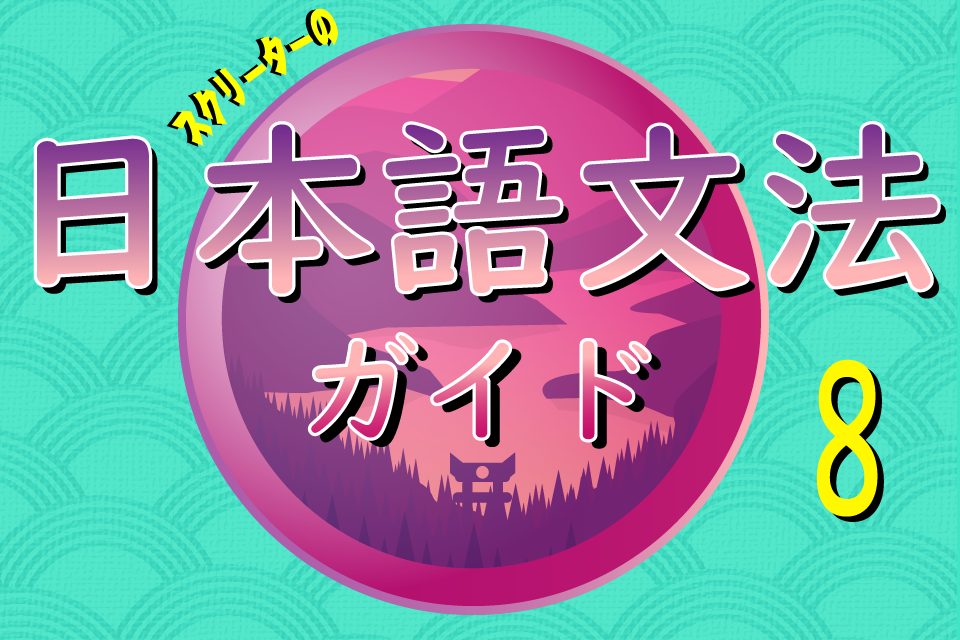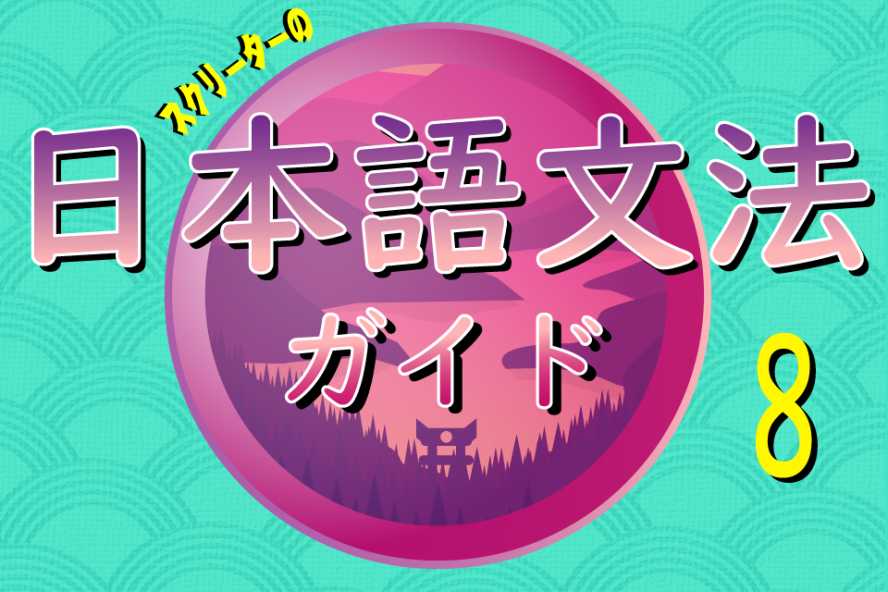
In this lesson, we’ll learn how to say “only” and “nothing but”.
Let’s start with “only”, or だけ. This is added to the end of what you’re indicating is “only”.
一つだけ残ります。
ひとつだけのこります。
There’s only one left.
ちょっとだけ。
Only a little.
It’s simply added to the end of what you want to indicate is “only”. Easy!
In the grammar guide 3 blog post, we introduced ~ところです which means “just did”. Here, we’ll be using ばかり in a similar manner.
シャワーを浴びたばかりです。
シャワーをあびたばかりです。
I just took a shower.
番組が終わったばかりです。
ばんぐみがおわったばかりです。
The show just ended.
The definition of ばかり alone can be thought of as “only”, and in these two sentences, “just took a shower” and “the show just ended”, it’s the concept of “only” that makes it translate as “just”. For instance, the show only ended (now), or in other words, it just ended.
Now we’ll use しかありません or しかない for “nothing but”.
チャンスが一つしかありません。
チャンスがひとつしかありません。
(formal)
チャンスが一つしかない。
チャンスがひとつしかない。
(informal)
Only one chance.
(Literally, except for one chance, I have none.)
しか is added to the end of what you’re marking an exception of. So for instance, saying 一つしか means except for one, and using ありません at the end (or ない in plain Japanese) is saying there aren’t any. So literally, 一つしかありません means there isn’t any except for one. Or in other words in natural English, there’s only one. You could use だけ the same way as しかない. For instance, 一つだけです, however it has a different nuance.
Now let’s go over how to say nowhere, everywhere, nothing and anything:
どこにも、どこでも、なにも、なんでも
よく探しましたけど、どこにもありませんでした。
I searched for it thoroughly, but it was nowhere.
(Note: this means “nowhere” because the verb in the sentence is negative, ありません).
どこでもいいです。
Anywhere would be fine.
なにもありません。
There aren’t any.
なんでもいいです。
Anything is fine.

